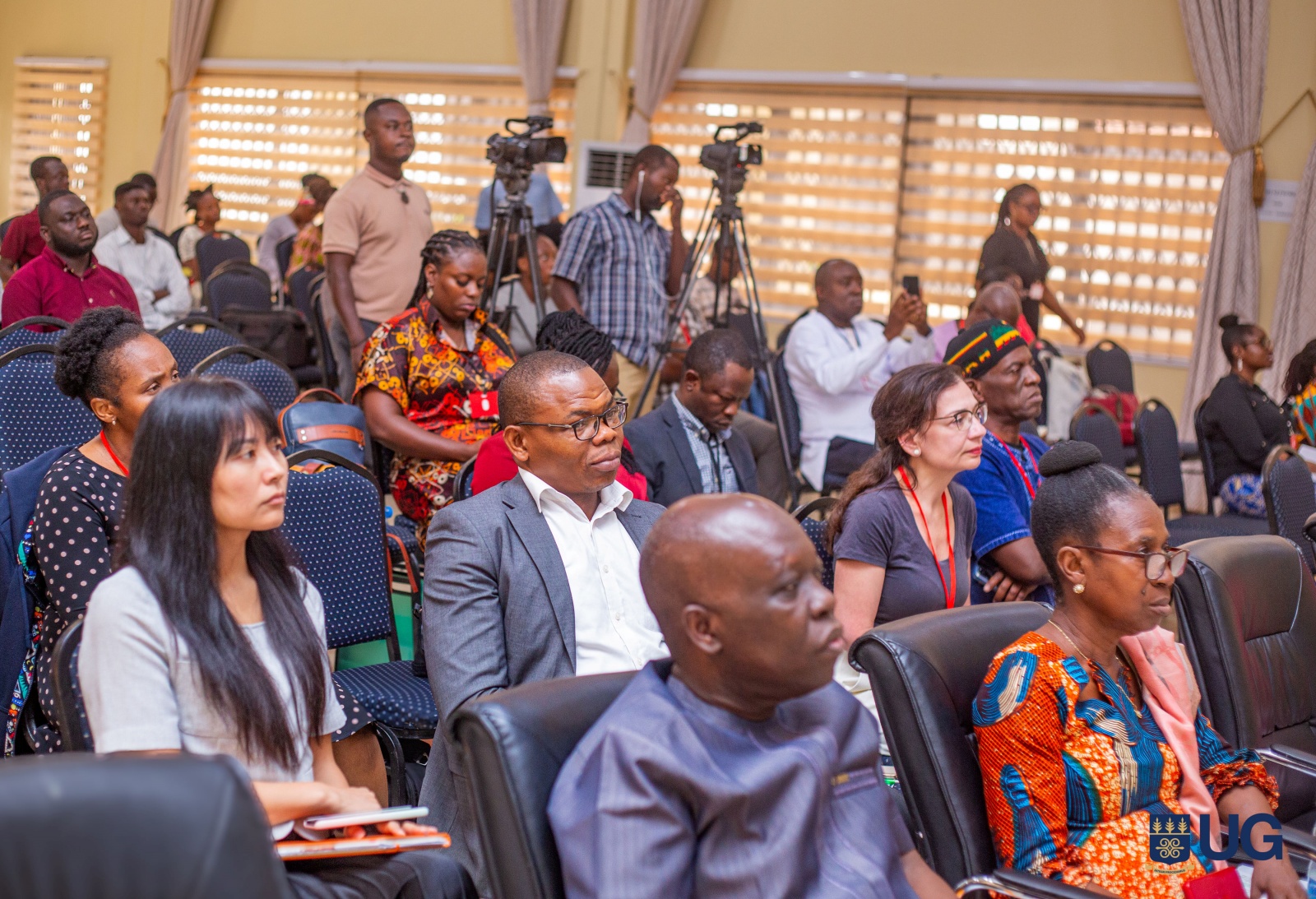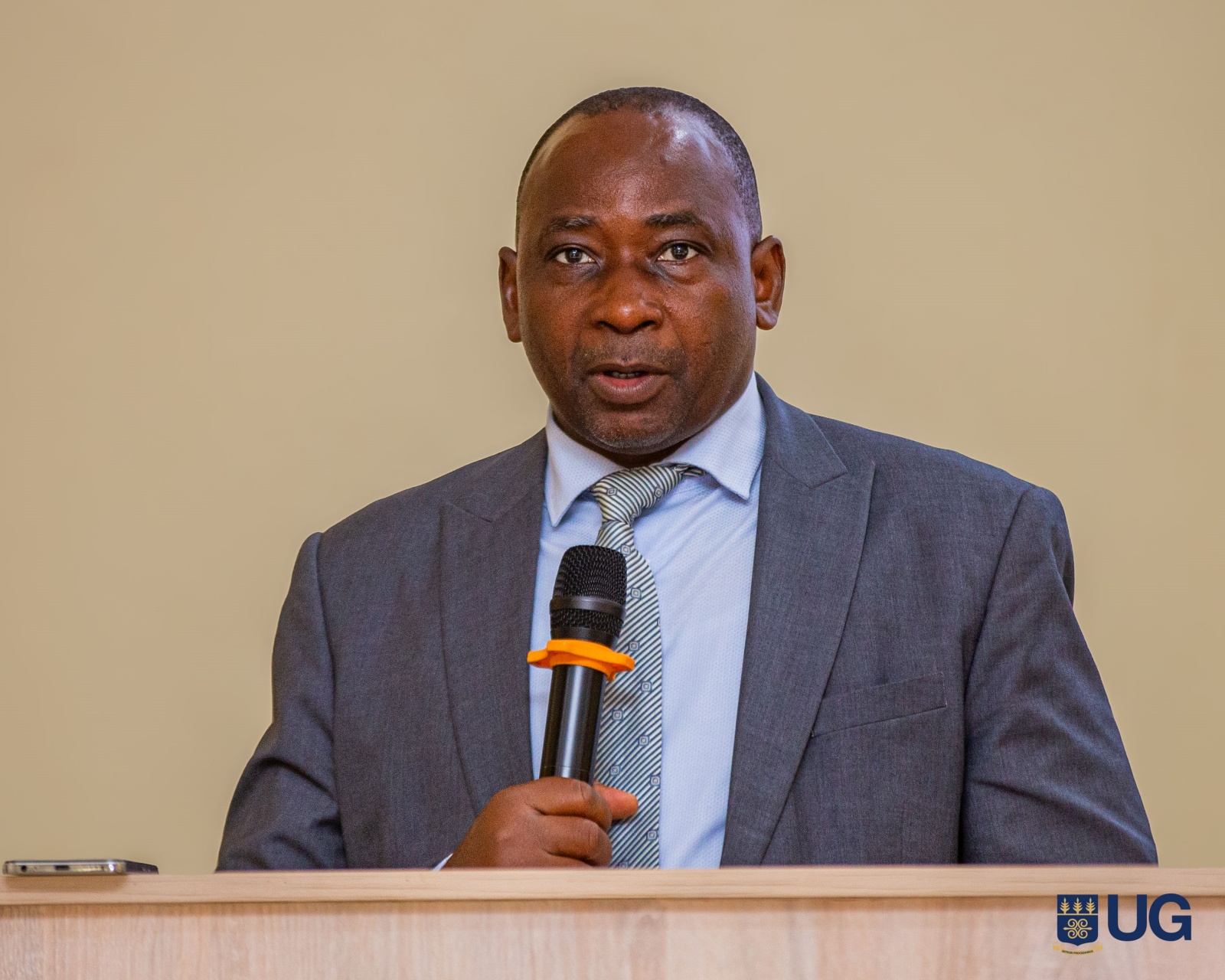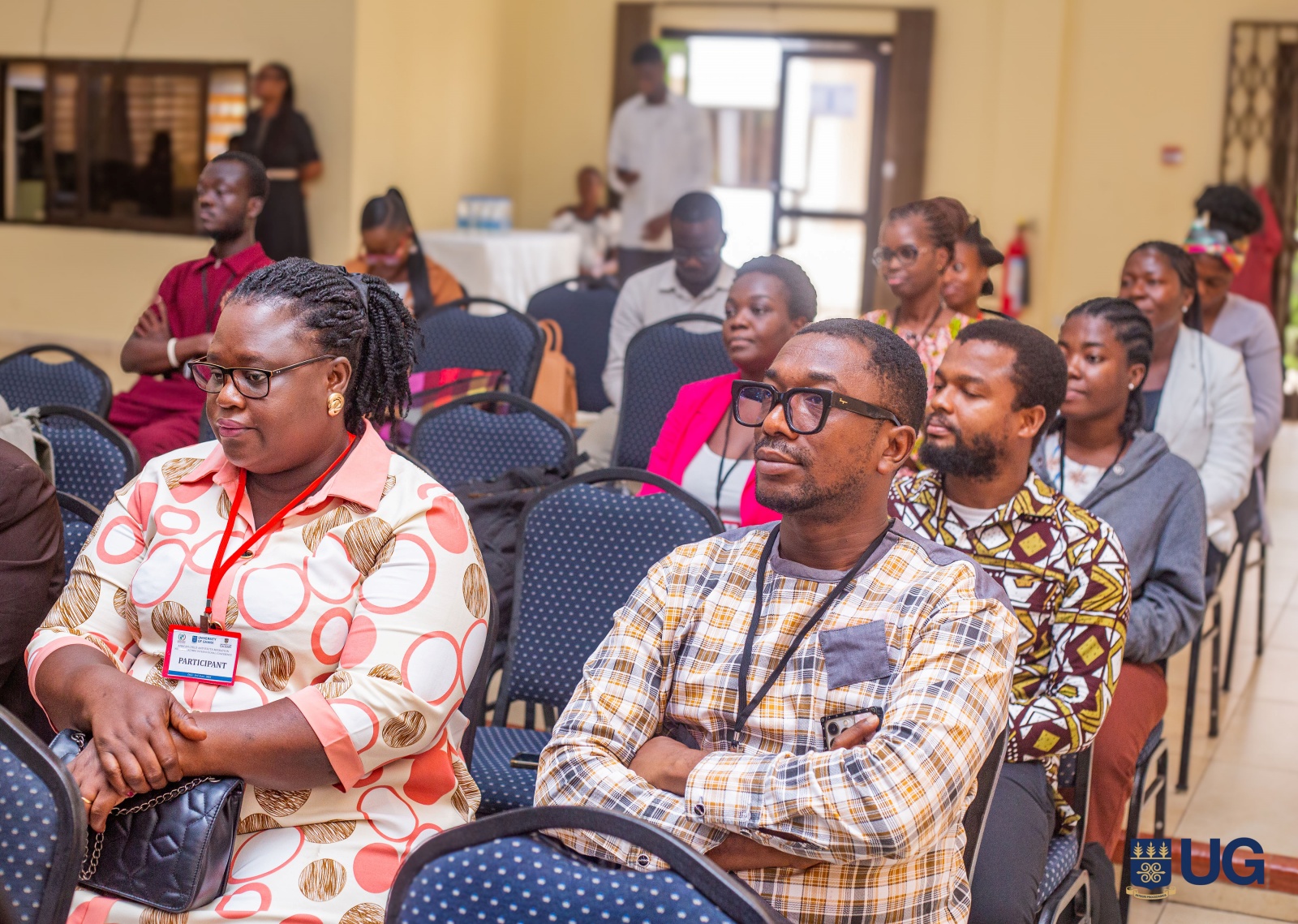African Child and Youth Migration Network International Conference Spotlights Critical Issues In Sustainable Development and Child Mobility

The University in partnership with the African Child and Youth Migration Network (ACYMN) and the University of Calgary, has held an international conference in Accra.
The three-day event brought together global researchers, policymakers and academics to explore the theme, “African Child and Youth Migration and the Sustainable Development Goals: A Global Perspective.”
In her opening remarks, former Government Statistician and Board Chair of the Ghana Statistical Service Dr. Grace Bediako, underscored the conference’s alignment with the 2030 Agenda for Sustainable Development.“By focusing on child migrants, we can better understand their unique challenges and develop effective strategies to support them, upholding the SDG principle to ‘leave no one behind’.”

Dr. Bediako noted the value of integrating disaggregated data by age, gender, disability, income and migratory status to reveal hidden disparities. “The broad strokes of national statistics often miss the stories that researchers are able to tell,” she added, highlighting the complementary role academic research plays in filling policy gaps left by official data.
Speaking on behalf of the Vice-Chancellor, Provost of the College of Humanities, Professor Joseph Yaro, celebrated the University of Ghana’s longstanding tradition of leadership in migration research, referencing work done on climate change, child labor and internal displacement.

Prof. Yaro cited the example of Kayaye girls from northern Ghana, who often migrate to the south in search of economic opportunities, only to find themselves in exploitative or vulnerable conditions. “The changing nature and complexities of international migration make this conference not only timely but critical,” he asserted. He also praised the inclusion of practical sessions like grant-writing and policy engagement training as tools to nurture the next generation of migration scholars.
Delivering the keynote address, Professor Samuel Kobina Annim of the University of Cape Coast emphasised the need to properly reflect child migration in national statistics and ensure vulnerability narratives are backed by robust data. “We must ask whether what we put out there truly dramatises the vulnerability of children who migrate,” he said.
Prof. Annim proposed a six-pronged analytical framework to examine child migration’s outcomes, pointing out that not all child migrants are trafficked or displaced; many migrate voluntarily for better opportunities. “That’s why we must understand not only the immediate effects but also the intertemporal effects of migration on children,” he urged.
He drew from the World Migration Report 2024, which recorded a dramatic increase in global international migrants, from 150 million in 2000 to 281 million in 2020. This, he said, underlines the urgent need for harmonised and comparable migration statistics across regions, particularly to understand the impact on children.
He also challenged researchers to close the disconnect between academic output and real-world policy. “The SDGs recognise migration as a cross-cutting issue, linking with goals like No Poverty, Zero Hunger, Quality Education, and Climate Action,” he said. “Our research must reflect these connections in ways that influence national priorities.”
Chair of the Local Organising Committee, Professor Stephen Kwankye, spotlighted Ghana’s dynamic migration flows, noting the presence of immigrant youth from neighboring countries taking advantage of the ECOWAS free movement protocol, many of whom overstay the 90-day limit. He stressed the importance of focusing research on both voluntary and non-self-initiated migration.

Chair of ACYMN and faculty member at the University of Calgary, Professor Bukola Salami, shared the network’s journey and global impact, including its recognition with a national Impact Award in Canada. The ACYMN now comprises 50 scholars from across continents, including Africa, North America, Europe and Oceania.
Prof. Salami reaffirmed the network’s commitment to developing practical, evidence-based insights that inform global migration governance, highlighting collaboration as a tool to drive policy change.